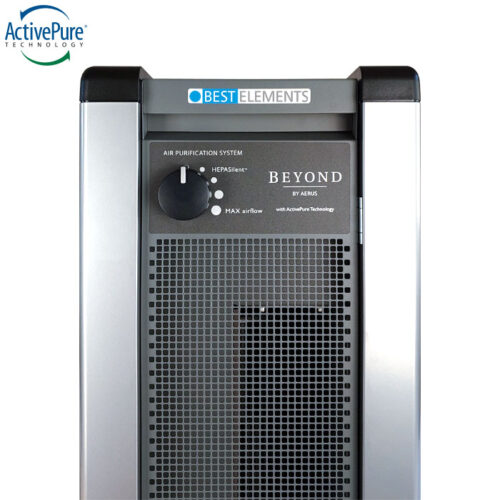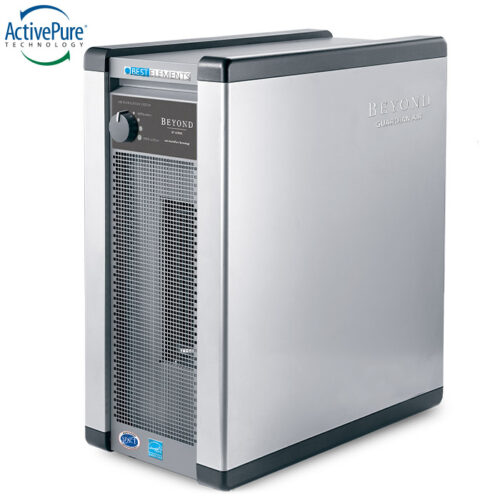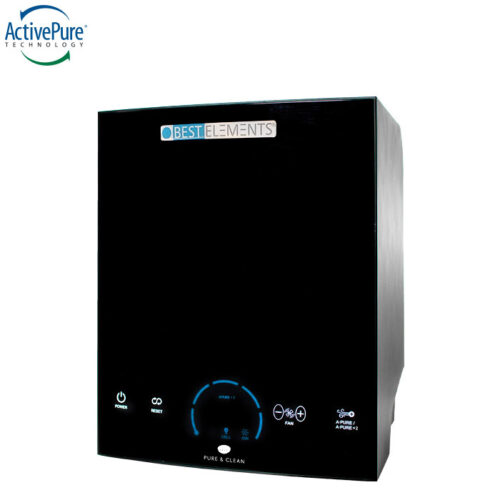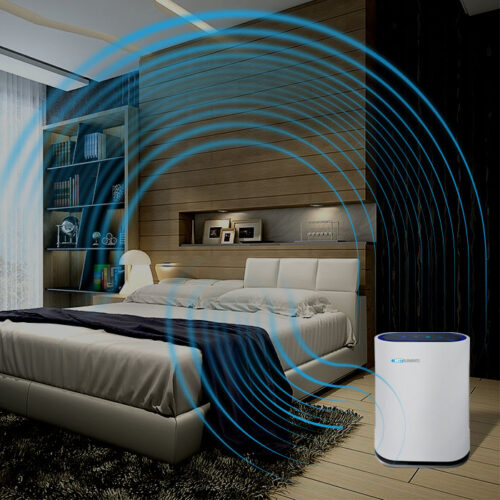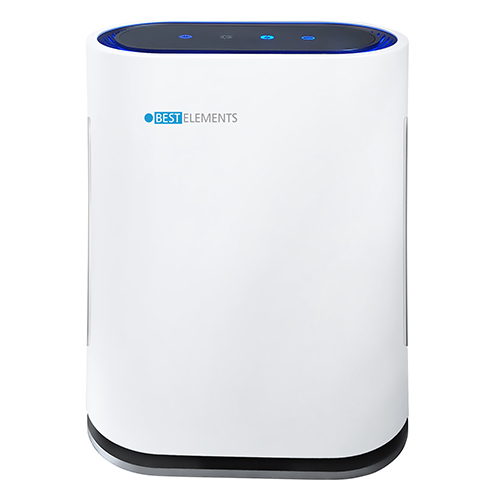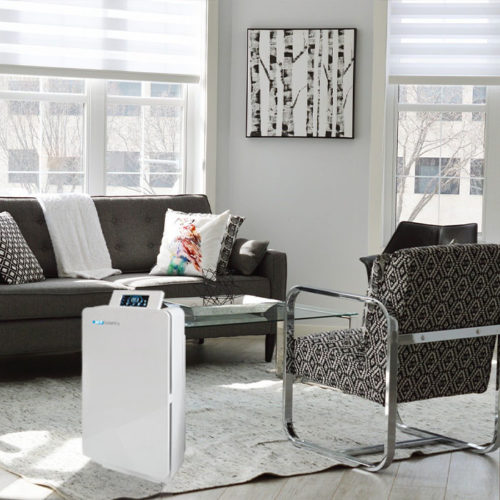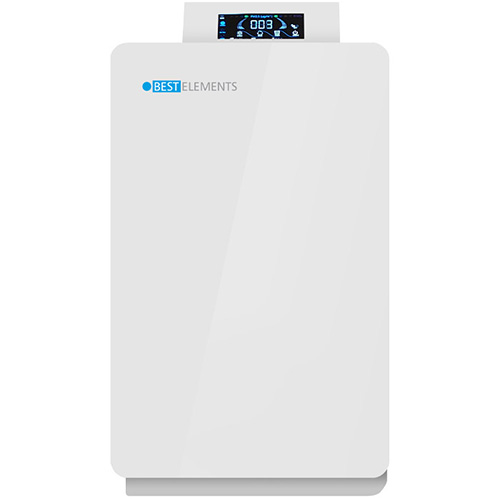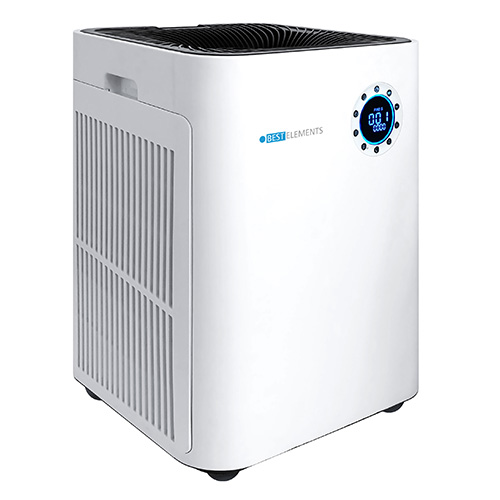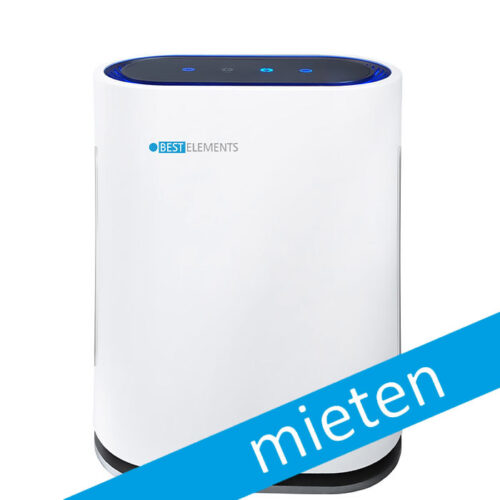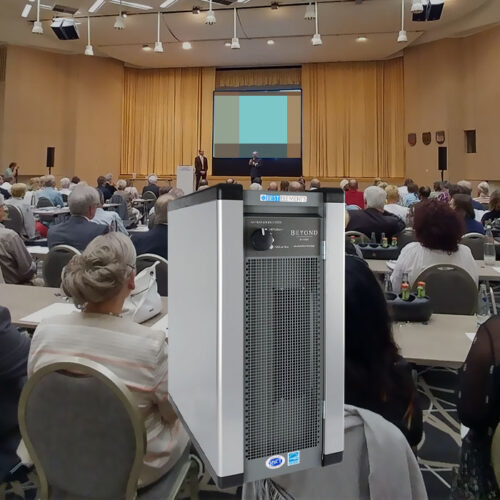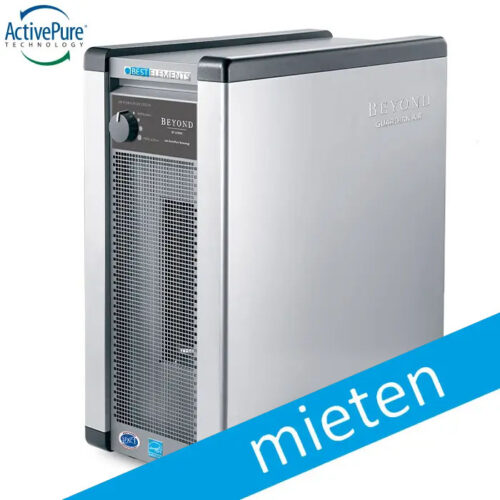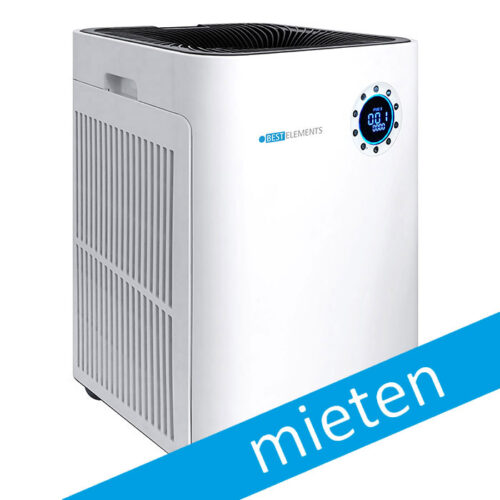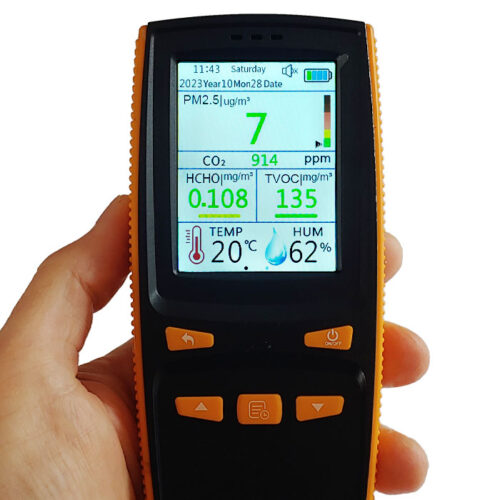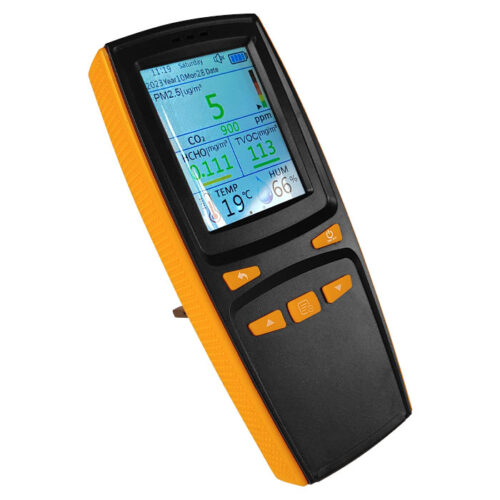Fine dust causes oxidative stress in the lungs by forcing the conversion of peroxides into highly reactive species such as hydroxyl radicals. Research teams at the Max Planck Institute have researched these particularly harmful health effects and recognized that the conversion of peroxides into more reactive species such as hydroxyl radicals (OH) is due to the presence of particulate matter. In addition to public streets and squares, fine dust can also occur at home, in offices and in group rooms.
Air pollution reduces life expectancy worldwide
Fine dust and other air pollutants shorten our lifespan. A new report shows that air pollution has the biggest impact on life expectancy worldwide. In many countries, pollution from fine dust, especially particles with a size of up to 2.5 micrometers (PM 2.5), is significantly too high. Researchers at the University of Chicago have found in the annual “Air Quality Life Index” (AQLI) that average life expectancy worldwide could increase by 2.3 years if the limit value for PM 2.5 recommended by the World Health Organization (WHO) were adhered to everywhere . The effects on life expectancy are equated to those of smoking. They are significantly higher than the effects of consuming alcohol or drinking contaminated water.
A variety of cardiovascular and lung diseases are the result. Increased concentration can be dangerous, especially for children and young people. Possible consequences include irritation of the mucous membranes, inflammation in the trachea and bronchi, and increased plaque formation in the blood vessels. According to the report by the European Environment Agency (EEA), air pollutants cause more than 1,200 premature deaths in people under 18 years of age across Europe each year and significantly increase the risk of diseases later in life. According to the EEA, air pollution increases the risk of numerous health problems such as asthma, impaired lung function, respiratory infections and allergies. In Europe, 98 percent of the air is polluted or toxic.
Air pollutants in Germany
In Germany, 75 percent are heavily polluted. This means: In Germany, 75 percent of the population breathes air every day that has twice the level of fine dust as recommended by the WHO. Air pollutants also exceed the limit values in many regions of Germany. A cocktail of pollutants in coarse dust exceeds the limit values in cities in North Rhine-Westphalia, for example. In North Rhine-Westphalia, almost all municipalities are above the limit. Air pollutants can also lead to harmful soil changes. The long-term entry of air pollutants can lead to harmful soil changes, warns the North Rhine-Westphalia Ministry for the Environment in its annual report.


Cologne exceeds the WHO limit by more than twice
In Cologne, particulate matter pollution is twice as high as the WHO limit for air classified as clean. In Cologne the value is between ten to twelve micrograms of the fine dust size PM 2.5 per cubic meter. The WHO limit is a maximum of five micrograms.
Studies have repeatedly shown how fine dust can affect health. These tiny particles pass through the respiratory tract into the bronchi and alveoli and can even enter the bloodstream. Not only do air pollutants put a strain on the lungs, but they have also been found to be able to damage the brain. Fine dust causes numerous deaths every year. The studies have now revealed how much air pollution can lead to lung cancer. Lung cancer is one of the most common cancers in Germany. According to the Lung Information Service, around 57,000 people nationwide become ill every year and thousands die from the malignant tumors every year.
An analysis of 16 studies published in the British Medical Journal confirms the connection that even low levels of particulate matter increase the risk of dementia. Fine dust has long been suspected of increasing the risk of dementia. According to the new research, even low concentrations are risky.
The main sources of human-caused particulate matter are usually power plants, industrial plants, agriculture, road traffic, and ovens and heaters. If apartments and work and business premises have an increased level of fine dust, this can be reduced with suitable air purifiers.
Air pollutants promote neurodermatitis
Another study also found that people in air-polluted areas are more likely to suffer from symptoms of neurodermatitis / atopic dermatitis. Cases of illness that occurred could be clearly linked to the concentration of air pollutants.
Correspondingly powerful air purifiers from BestElements minimize fine dust in the air and thus ensure a pleasant, comfortable climate.

